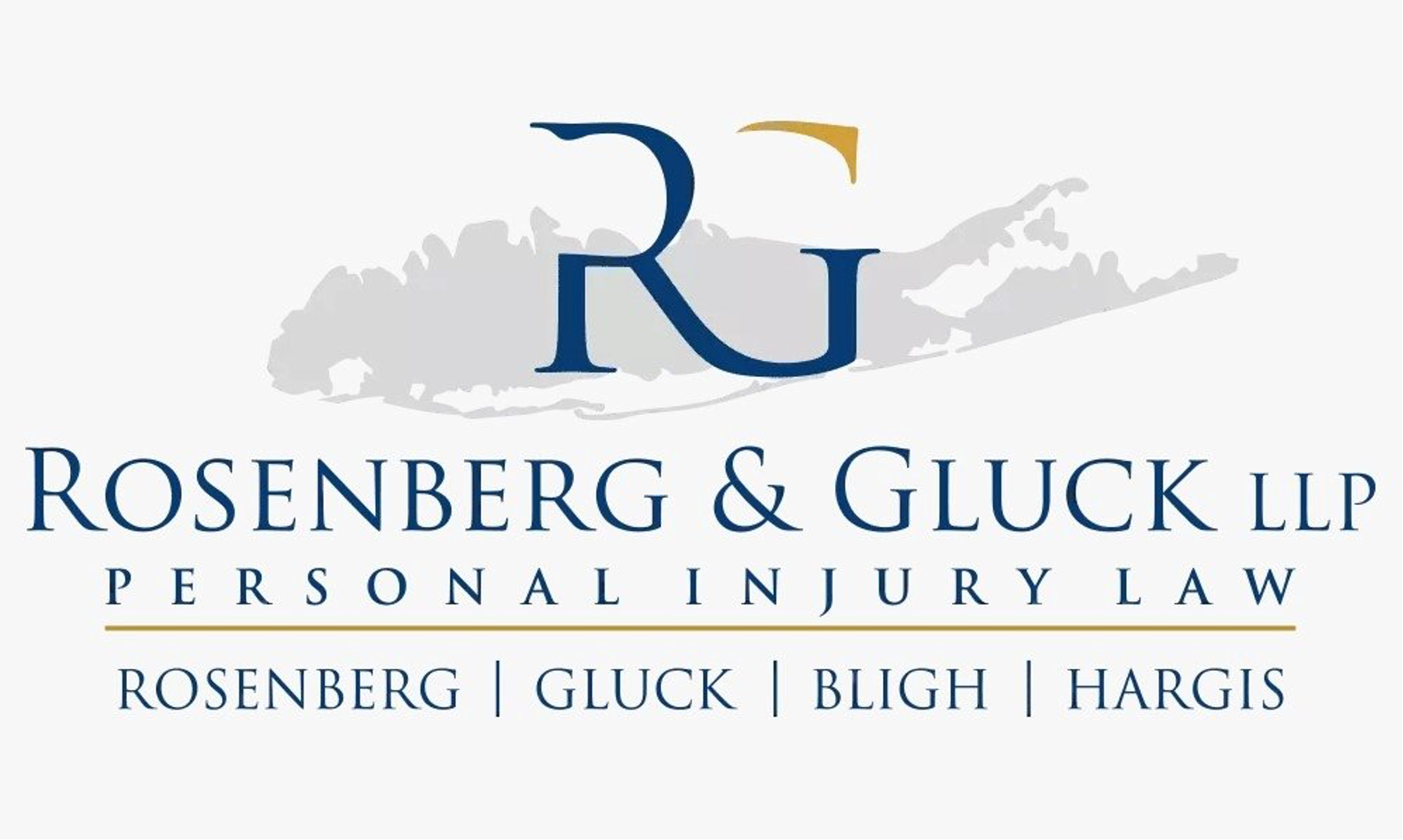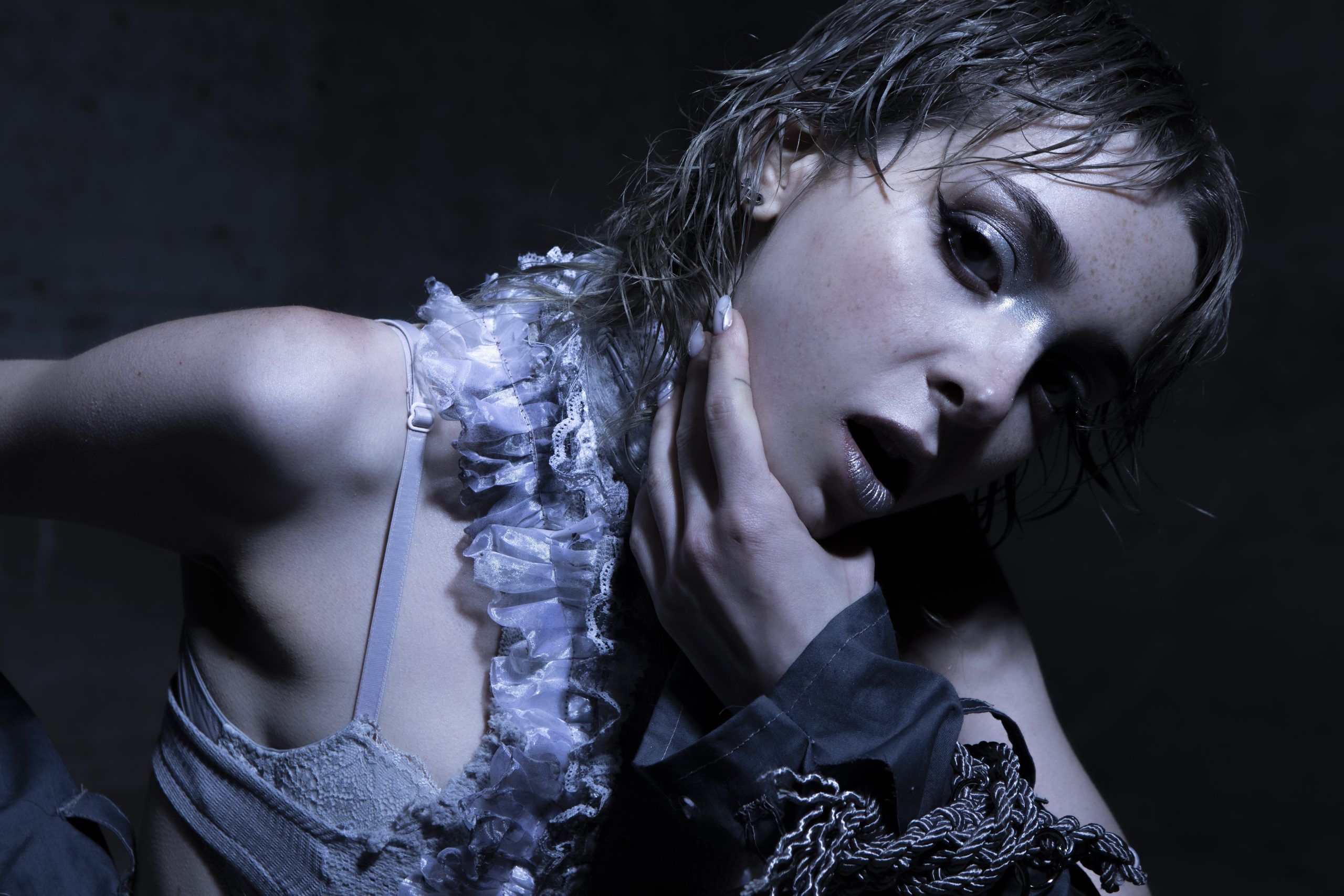
Long Island is known for its scenic beaches, lively neighborhoods, and strong sense of community. Families here often value safety, comfort, and a high quality of life, making it a desirable place for people of all ages to live. With its mix of peaceful suburbs and bustling towns, Long Island provides both a family-friendly environment and access to modern amenities.
Unfortunately, despite its appeal, challenges can still arise when it comes to caring for loved ones in nursing homes. In some situations, victims may suffer mistreatment or negligence. If you suspect wrongdoing, seeking help from a Long Island nursing home abuse attorney can make a crucial difference. These legal professionals understand how to recognize abuse, gather evidence, and fight for the rights of vulnerable seniors.
Recognizing the signs of nursing home abuse can help protect your loved ones and ensure they receive the care they deserve. Rosenberg & Gluck, LLP, one of the best law firms, highlights key warning signs that families should watch out for.
Signs of Nursing Home Abuse
The signs of nursing home abuse typically fall under physical abuse, emotional abuse, neglect, or financial exploitation.
Physical abuse:
- Injuries: Unexplained cuts, bruises, burns, scars, or other marks, as well as unexplained falls or fractures.
- Pain: The victim may show signs of pain or restricted movement, which could signal ongoing mistreatment.
Emotional abuse:
- Fear or anxiety: The victim may seem fearful or anxious, especially around certain caretakers.
- Unexplained behavioral changes: This could include sudden withdrawal, depression, or increased agitation.
- Conflicting stories: The victim’s account of how they were injured may differ from what other people observe, suggesting fear of retaliation.
Neglect:
- Poor hygiene: The victim may have dirty clothes, an unkempt appearance, or lack personal hygiene.
- Malnutrition or dehydration: Signs include unexplained weight loss, weakness, or appearing undernourished.
- Bedsores: The development of pressure sores (bedsores) can be a sign of prolonged neglect.
- Unsanitary conditions: The victim’s living space may be unclean, cluttered, or unsafe.
- Untreated medical conditions: Illnesses or injuries left unattended also point to neglect.
Financial exploitation:
- Unusual withdrawals: Sudden or unexplained transactions from the victim’s accounts.
- Changes in financial documents: Alterations to wills, deeds, or power of attorney without proper consent.
- Missing belongings: Personal items, jewelry, or money disappearing without explanation.
- Unpaid bills: Even with sufficient funds, bills or expenses may be left unpaid, raising concerns.
Conclusion
Recognizing the signs of nursing home abuse is not always easy, but awareness is the first step toward protecting vulnerable victims. Families who notice physical injuries, emotional changes, poor care, or unusual financial activity should not ignore them.
Rosenberg & Gluck, LLP, is committed to helping families uncover abuse, hold nursing homes accountable, and secure the compensation victims rightfully deserve. They have experienced attorneys with them.
One such attorney is Mr. Bligh, who joined Rosenberg & Gluck, LLP as an associate in February 2009 and became a partner in 2013. With this kind of experience and the right legal support, you can ensure your loved ones are cared for with dignity, respect, and compassion.
Key Takeaways:
- Long Island offers comfort, but nursing home challenges still exist.
- A Long Island nursing home abuse attorney can protect your loved ones.
- Physical abuse shows through unexplained injuries or pain.
- Emotional abuse, neglect, and financial exploitation are warning signs.
- Rosenberg & Gluck, LLP fights for justice and rightful compensation.




